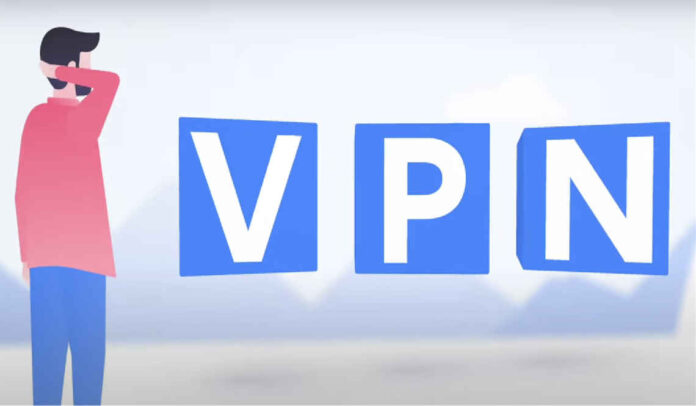What is a VPN, and how does it work?
VPN stands for “virtual private network.” It’s a tool that encrypts your internet traffic and hides your IP address and virtual location.

VPN stands for “virtual private network.” It’s a tool that encrypts your internet traffic and hides your IP address and virtual location.
A virtual private network significantly boosts your online privacy and security. Thanks to its encryption, third parties cannot spy on your online activity. Even your internet service provider cannot see what you do online.
A VPN also allows you to overcome internet censorship. All your traffic is routed through a remote server, so you can access websites restricted in your country.
Here are five cases when you definitely need a VPN.
Use a VPN. With it, your ISP cannot see your traffic and limit your peer-to-peer sharing.
Who can use VPN services? Short answer — everyone.
A VPN is a swiss army knife — you can use it depending on your needs. Whether you’re a student overcoming unreasonable Wi-Fi restrictions at your school.
Without VPN protection, your freedom or even life could be in jeopardy. The idea behind a VPN is truly simple — everyone deserves a secure and unrestricted internet. By encrypting your traffic and hiding your IP, a VPN makes it a reality.
IP — or internet protocol address — is a string of numbers that identifies your device when you connect to the internet. Without it, devices and servers couldn’t exchange information. All your devices have a local IP address. When they connect to the internet, your router assigns them a public IP.
Every website you visit can see this public IP AND your physical location. What’s more, online spies can look up online activity associated with a particular IP address. Your IP, location, and online activity are important data points for someone who’s spying on you and trying to make a detailed profile. When you use a VPN, you first connect to a remote VPN server, making it seem like you’re browsing from another place with a different IP address. Your online activity cannot be traced back to you through your IP.
When you connect to a VPN, it creates an encrypted tunnel that secures data traveling between you and the VPN server.
To secure each data packet, a VPN wraps it in an outer packet, which is then encrypted through encapsulation.
Your data stays safe during transfer. When it arrives at the server, the outer packet is decrypted. A VPN protocol is the key to VPN technology. It’s a set of encryption standards used to create a secure connection between two devices.
VPN providers commonly support a couple of such protocols.
NordVPN has also implemented a next-generation VPN tunneling solution. That’s NordLynx, built around WireGuard — the fastest tunneling protocol out there. NordLynx WireGuard is insanely fast and lean — it’s made just of four thousand lines of code. Less code means less space for errors.
It’s easy to deploy, audit, and debug. NordLynx provides higher speed and security — and it works like a charm.
It’s easier than you think. Once you download NordVPN and get the subscription, just:
NordVPN adheres to a strict no-logs policy.
Your online activity is your business. NordVPN — online security starts with a click.
About NordVPN: NordVPN is part of Nord Security, an online security company that aims to provide users with all the necessary online security tools. NordVPN is the world’s leading VPN provider, protecting millions of internet users every day. We employ next-generation tech solutions to make sure our users enjoy online safety with peace of mind. Thanks to one of these advanced solutions — NordLynx, a Wireguard-based tunneling solution — NordVPN has become the fastest VPN on the planet, as confirmed by the latest speed tests.
World's #1 VPN service.